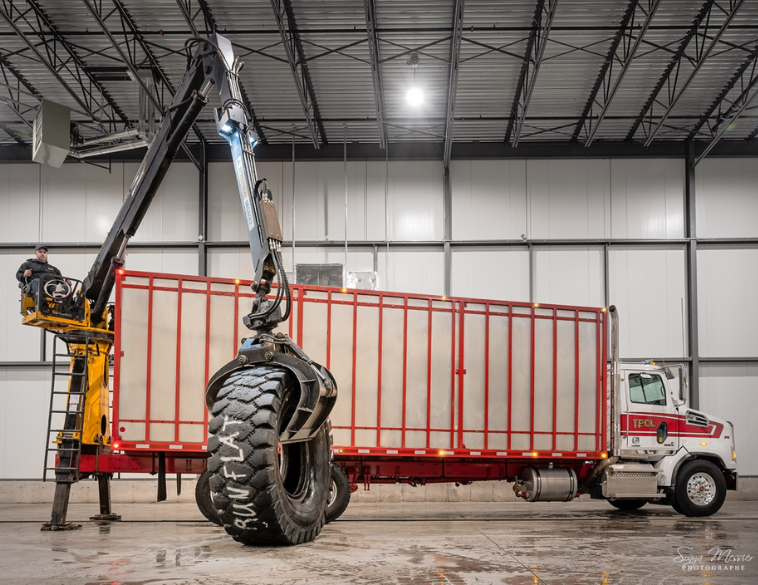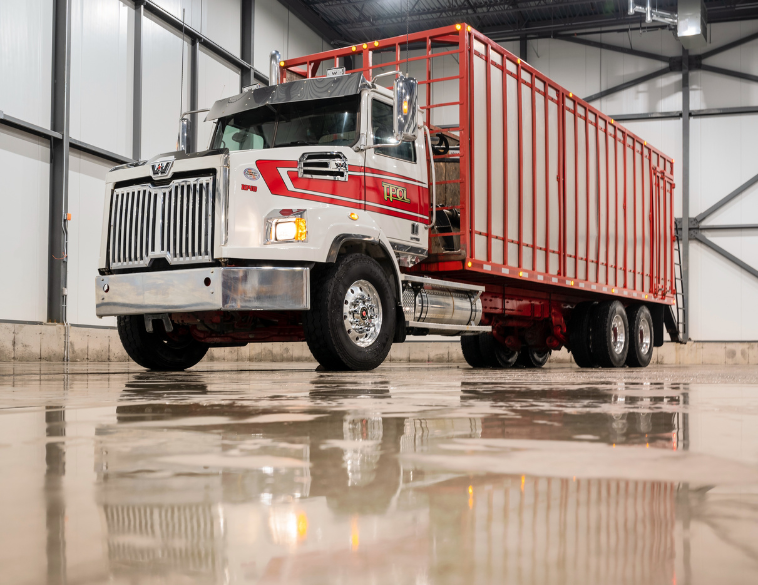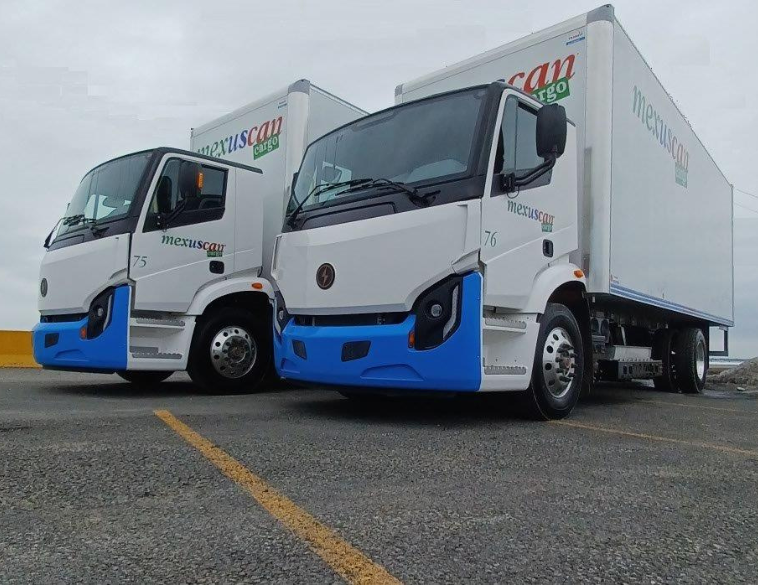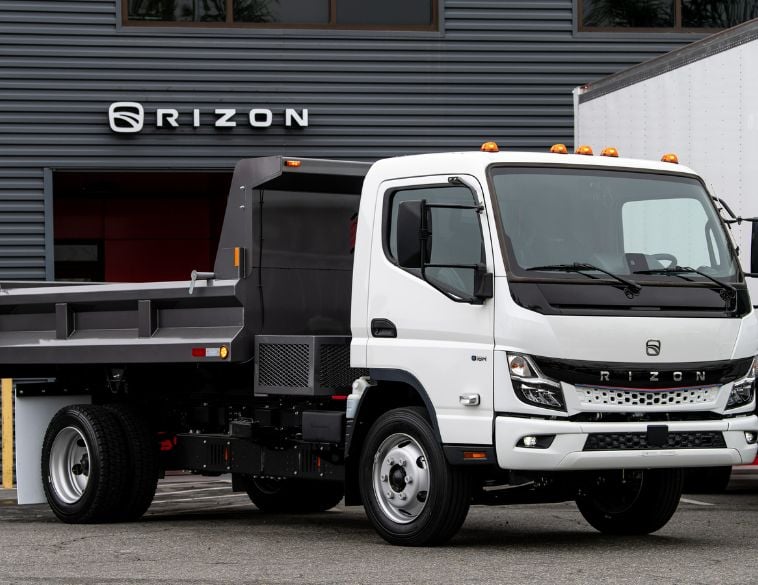
Having the mandate to recover all scrap tires in Quebec requires quite a choreography on the part of RECYC-QUÉBEC.
Sabrina Charron has worked for this public corporation for 17 years, including eight years in the scrap tire sector before being recently appointed Director of Operations – Tires and deposits. She is familiar with all aspects of the process, from the recovery of scrap tires to their processing (through reuse, recycling or recovery) in specialized companies.
Our readers, whether they are fleet managers or heads of mechanical maintenance shops, are well aware of the challenge of collecting the 100,000 tons of tires of all categories that Quebec must dispose of each year.
There are 12,500 automotive service companies, retailers and municipalities in Quebec that collect scrap tires throughout the province. While some companies request tire pickup once every five years, others, especially the larger tire centers, will want two pickups per week.
RECYC-QUÉBEC grants transport companies the mandate to carry out the collection. That said, if the organization does not have to manage a fleet of trucks, it is the organization that sets the various parameters.

Free collection
“The entire operation is financed by the environmental fees collected on the sale of new tires,” explains Ms. Charron. “There is no cost to the participants to collect the tires, but of course we have to pay the transporter and the companies that will give a second life to the recovered tires. The challenge is to manage a huge territory where each region has its own particularities. We cannot work on the island of Montreal as we do in Abitibi. In addition, we have to take into account the peak seasons, in the spring and fall, when tires are changed.”
Thus, the invitations to tender issued are tailor-made. Aimed at obtaining a three-year contract, they include certain conditions. For example, all bidders must demonstrate that their drivers have received eco-driving training.
“We also specify the category of trucks to be used for this operation,” says Ms. Charron. “For example, in urban areas like Montreal, we ask for cube trucks that are more agile and less disruptive than heavy trucks with trailers.”
Since contracts are based not on mileage, but on volume, it is in the carrier’s interest to establish the most efficient collection routes.
Ms. Charron’s team carefully monitors the quality of the carriers’ services. “We have a shared platform with the carriers where we can see in real time the progress of pickups and volumes picked up,” explains the manager. “If a problem arises and a shop calls us to say the carrier didn’t come through as scheduled, we want to understand what’s going on. If there is a complaint, our team contacts the carrier to notify them and ask them to correct the situation. What’s important is to have access to the information so we can share it with our retailers.”
Every two years, a survey is sent to retailers enrolled in the program to determine their satisfaction with the tire collection service.

An electric pilot project
With the rise in fuel costs, the payment of premiums to compensate carriers and the government’s desire to green the vehicle fleet, RECYC-QUÉBEC launched a pilot project last year to electrify scrap tire collection operations.
“Obviously, the pandemic has muddied the waters,” says Charron. “We awarded an exceptional five-year contract to a carrier to cover Laval and a Montreal borough with electric trucks. The unusual duration of the contract takes into account the amortization of the investments required to acquire the trucks and the charging infrastructure. We assessed that these high-density areas of the city, close to recovery centers, were ideal areas to test this technology.”
Since March 2022, two electric trucks have been making the rounds of businesses to collect their car tires. The exercise, in adaptation mode, says Ms. Charron, is proving to be positive even taking into account the challenges of our winters.
“The fact that we don’t have to pay a fuel premium offsets the slightly higher rate charged for each kilogram collected,” says the manager. “In short, it doesn’t really cost more. Plus, it’s great for the image of our program and it’s in keeping with our environmental commitment. We’re going to continue the project and see if other areas can be served this way.”



